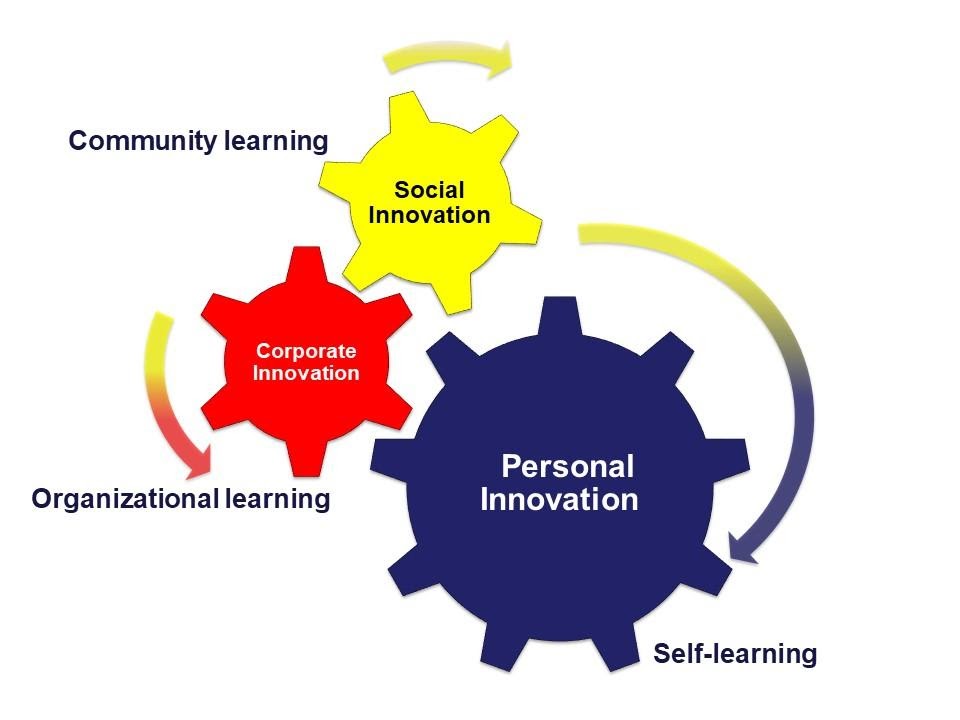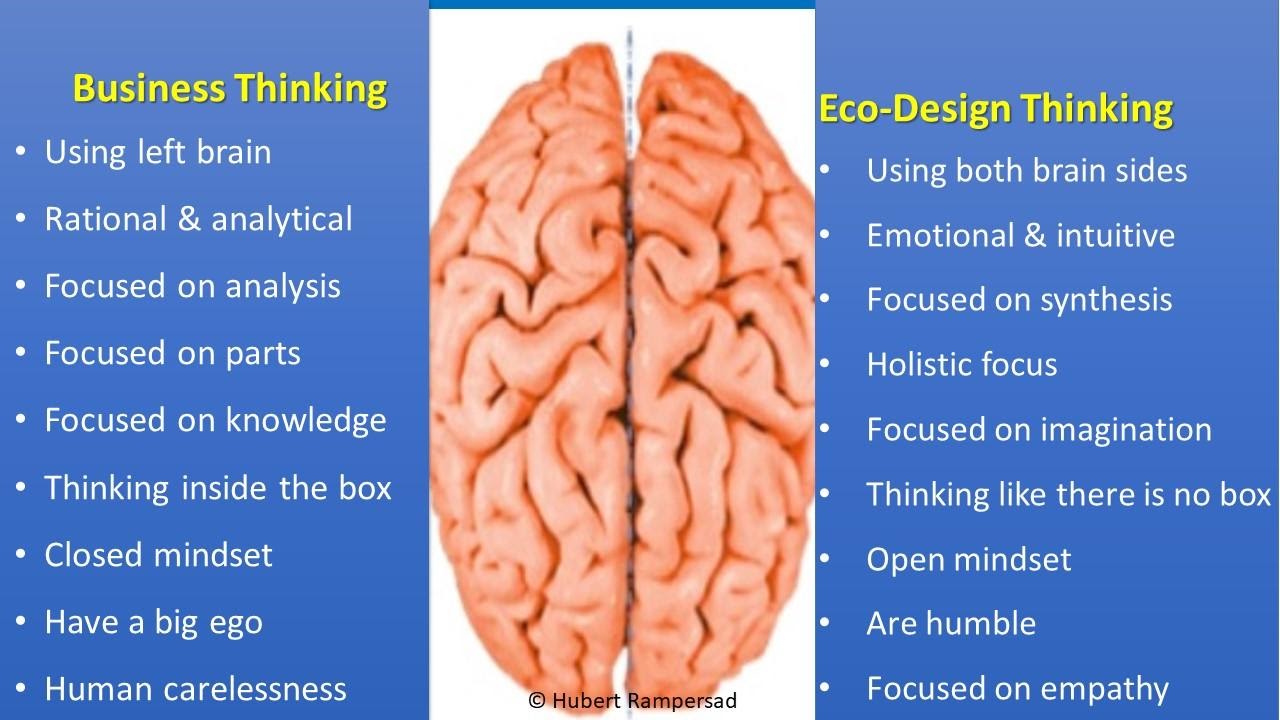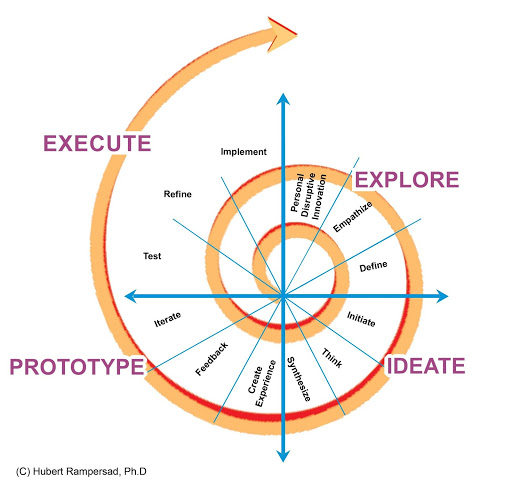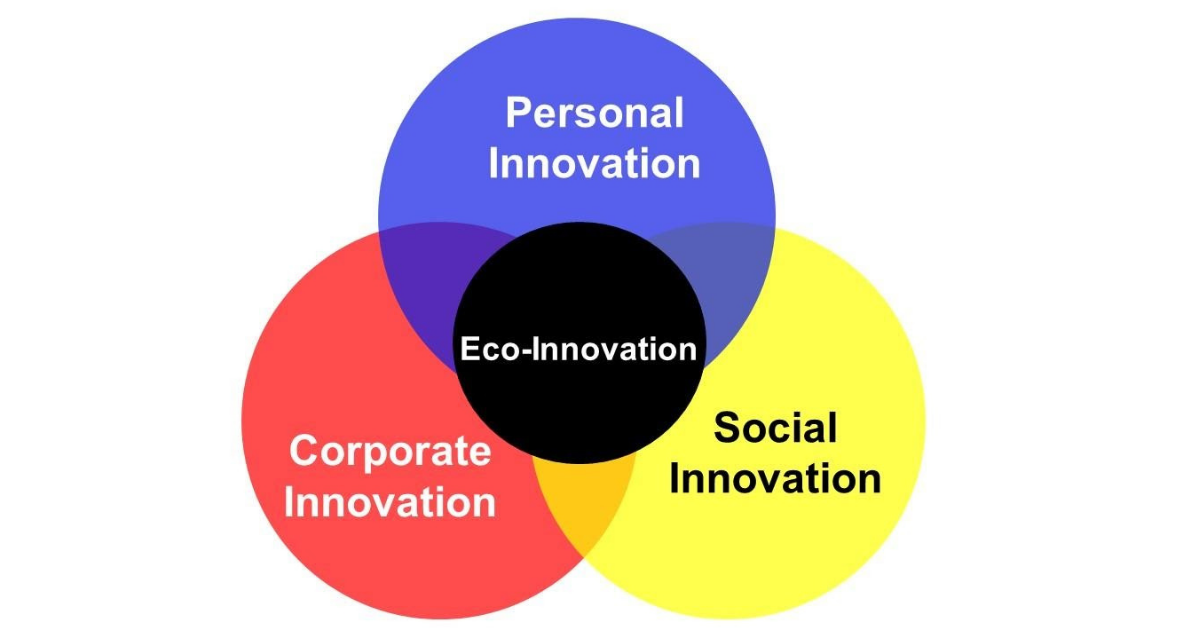By Prof. Hubert Rampersad, Ph.D.

“This entails personal integrity and is the foundation of eco-innovation. It’s about embedding authenticity, personal integrity, empathy, agility, and inclusion in innovation.”
The new normal requires sustainability in innovation. The first rule of sustainability is to align with yourself, to continuously perceive what you do, and be aware of the influence of your behavior and actions on human beings, animals, plants, and the environment. This entails personal integrity and is the foundation of eco-innovation. It’s about embedding authenticity, personal integrity, empathy, agility, and inclusion in innovation.
“Incremental Innovation, Radical Innovation, Open Innovation, and Disruptive Innovation are all part of Corporate Innovation.”
Eco-innovation is a holistic approach of innovation that makes the link to personal innovation, corporate innovation, and social innovation, as shown in this figure. Three types of innovation as follows:
- Personal Innovation – the process of unleashing your creative potential, creating new personal opportunities, disrupting your existing target market, that lead to a significant social impact.
- Corporate Innovation – the application of new ideas to create new products, processes, or services, that lead to increased corporate value. Incremental Innovation, Radical Innovation, Open Innovation, and Disruptive Innovation are all part of Corporate Innovation.
- Social Innovation – the process of developing and implementing new ideas and solutions that aim to meet social needs and strengthen civil society.
This figure shows how in this model personal innovation, corporate innovation, and social innovation are interrelated and associated with self-learning, organizational learning, and community learning, respectively..
“Especially in the Corona era you need to be able to develop great ideas during these difficult times while you are in social isolation.”

The core of eco-innovation is a new way of thinking, which I called eco-design thinking. Remember what Einstein said: “We cannot solve our problems with the same thinking we used when we created them”. The difference between traditional way of thinking and eco-design thinking. Eco-Design Thinking is the creative process of empathizing with yourself, the end user, and the environment.
Traditional design thinking approaches are mainly process-driven, focused on analytical thinking and they follow design steps, cozy meetings, how to complete related tasks in certain order and how to use design tools.
They do not inspire imagination effectively. Cozy meetings are not always needed to generate great ideas. The best ideas come when you are alone. I have developed many great ideas in the past thirty years when I was alone. Nikola Tesla generated tons of innovative ideas when he was alone. Stephen Hawking made great discoveries from his wheelchair and Sir Isaac Newton discovered gravity while in social isolation. Especially in the Corona era, you need to be able to develop great ideas during these difficult times while you are in social isolation.

Innovative designs and successful implementation of these designs need an authentic, holistic, cyclic, iterative, and concentric approach. An approach in which personal innovation, personal disruption, and personal integrity are embedded. You need to understand that all knowledge starts with self-knowledge, all learning starts with self-learning, all innovation starts with personal innovation, and design thinking without personal integrity is not empathic. And without empathy there is no sustainability.
This is the eco-design thinking model that is more suitable for a sustainable circular economy. It entails an iterative, incremental, cyclic and concentric process of exploring, ideating, prototyping, and executing. In the new design thinking model you iteratively create a rough product or process piece in one iteration, then review it and improve it in the next iteration and so on until it’s finished.
About the author
Prof.Dr. Hubert Rampersad is a Harvard Business School endorsed author of many books published in many languages and former MIT Sloan guest lecturer. The title of his latest book is “Eco-Design Thinking for Personal Innovation, Corporate Innovation, and Social Innovation; The Holistic Creative Process of Empathizing with Yourself, the End User, and the Environment (2021).” He can be reached via email at tpsi@live.com and via WhatsApp at +1 305 399 2116.

